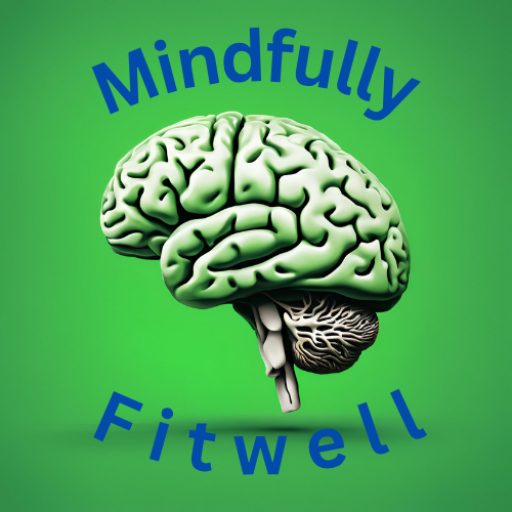Sleep is the cornerstone of health and wellness, influencing every aspect of our lives, from mood and productivity to long-term health. But did you know that what you eat can significantly impact the quality of your sleep? If you’re looking to improve your sleep habits and overall well-being, understanding the connection between nutrition and sleep is a great place to start. If you’re ready to unlock the secrets to better rest, the Sleep Mastery Course offers an engaging, in-depth journey to help you optimize your sleep for peak performance.
The Science Behind Nutrition and Sleep
How Nutrition Influences Sleep Patterns
Our bodies rely on a delicate balance of nutrients to regulate sleep. I learned this the hard way during a particularly stressful period when my poor diet wreaked havoc on my sleep. After adding magnesium-rich foods and reducing late-night snacks, I noticed an immediate improvement in how rested I felt each morning. Micronutrients like magnesium, potassium, and vitamins B6 and D play a crucial role in producing melatonin—the hormone that signals our brain it’s time to sleep. Likewise, consuming the right balance of macronutrients can either help or hinder your ability to fall and stay asleep.
Key Nutrients for Better Sleep
- Magnesium: Found in almonds, spinach, and dark chocolate, magnesium helps relax muscles and calm the nervous system.
- Tryptophan: This amino acid, present in turkey, eggs, and dairy, aids in serotonin production, a precursor to melatonin.
- Vitamin D: Sunlight and foods like salmon and fortified cereals support the body’s circadian rhythm.
- Omega-3 Fatty Acids: Found in fish, chia seeds, and walnuts, these fats help regulate serotonin levels.
Foods to Avoid for Optimal Sleep
Just as some foods can promote restful sleep, others can disrupt it. Here are the culprits to watch out for:
- Caffeine: Found in coffee, tea, and chocolate, it’s a stimulant that can keep you awake long after consumption.
- High-Sugar Foods: Desserts and sugary drinks can cause blood sugar spikes, leading to restless nights.
- Heavy Meals Before Bed: Eating large portions late at night can lead to indigestion, making it harder to fall asleep.
Practical Tips for Improving Sleep Through Diet
Timing Your Meals
- Early Dinners: Finish your last meal at least 3 hours before bedtime.
- Snacks for Sleep: Opt for a small, protein-rich snack like yogurt or a banana before bed to stabilize blood sugar levels.
Staying Hydrated
Dehydration can cause cramps and discomfort, disturbing your sleep. To further enhance your experience, use images in your content that are optimized with descriptive alt text and filenames that include relevant keywords like ‘hydration and sleep’ to support visual storytelling and SEO efforts. Ensure you drink enough water throughout the day but limit fluid intake an hour before bedtime to prevent nighttime awakenings.
The Bigger Picture: Holistic Sleep Health
Nutrition is just one piece of the puzzle. For a comprehensive approach, consider the Sleep Mastery Course. And if you found these tips helpful, share this blog with friends and family who might benefit from better sleep habits! This course covers everything from sleep hygiene and stress management to personalized nutrition plans designed to support your sleep goals.
Small Changes, Big Results
Start by making small, sustainable changes to your diet. Track how these adjustments impact your sleep quality over time. Combine nutritional tweaks with other healthy habits—like consistent bedtimes and a dark, cool sleeping environment—to maximize results.
Conclusion
Your path to better sleep starts with understanding the role of nutrition. By incorporating sleep-friendly foods, avoiding disruptive ones, and timing your meals wisely, you’re well on your way to improved rest and rejuvenation. For those ready to take their sleep health to the next level, don’t miss out on the transformative insights offered by the Sleep Mastery Course. Take the first step today—your best sleep awaits.

